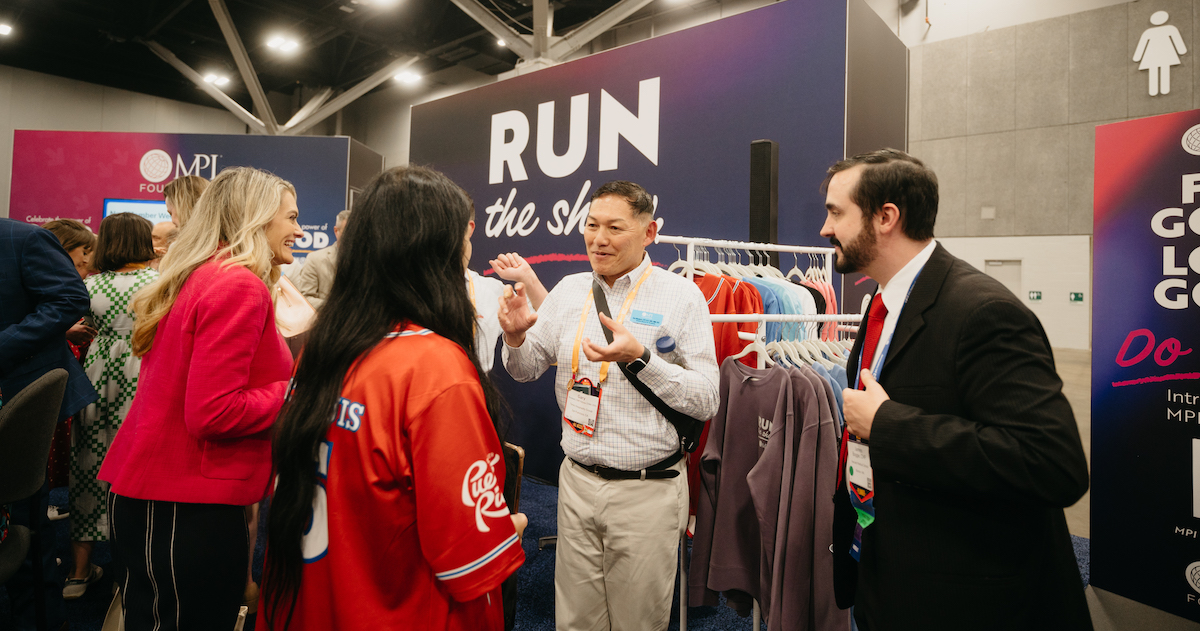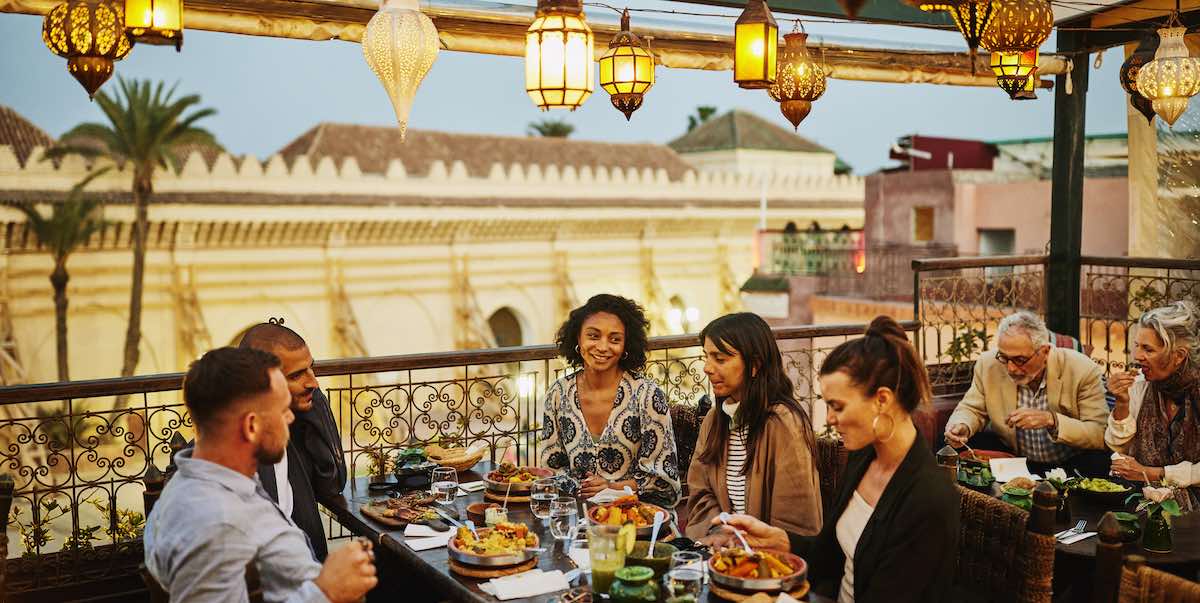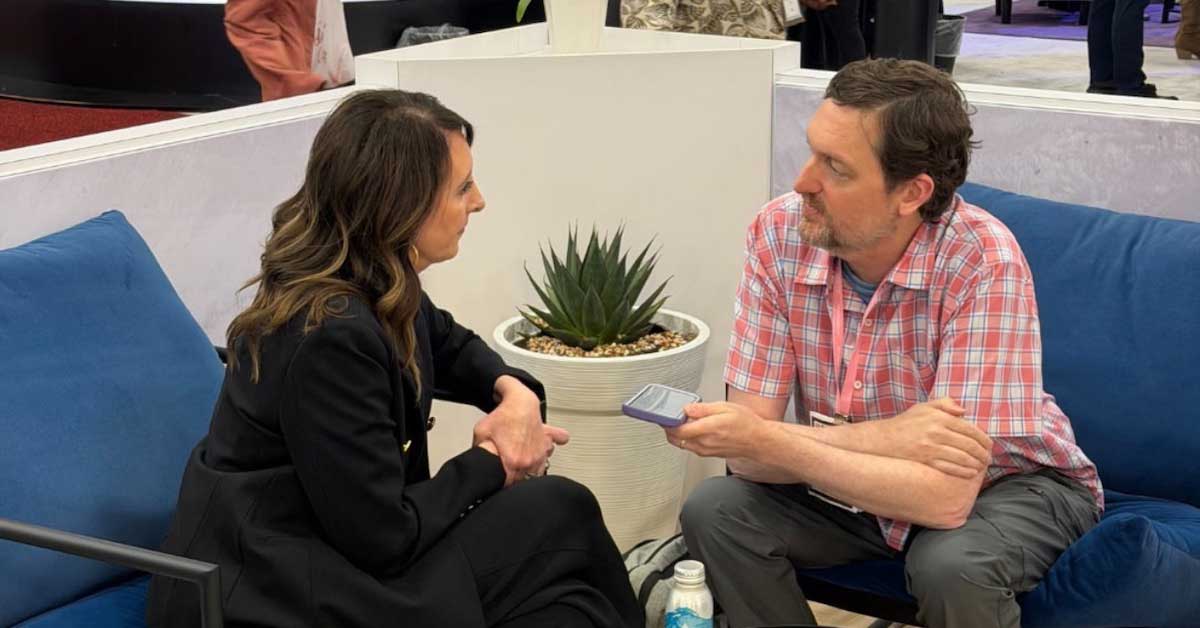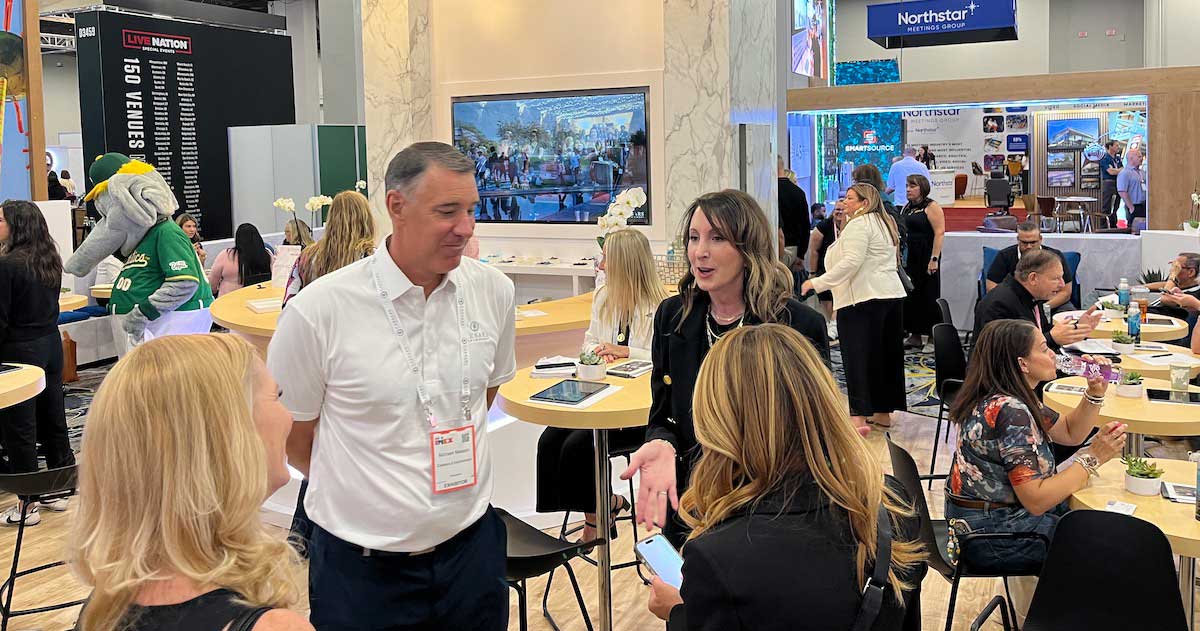Racial injustice and human trafficking were brought to the forefront in 2020, pushing the meeting and hospitality industries to enhance their efforts to create a more diverse, inclusive and equitable world.
The killing of George Floyd, a 46-year-old Black man, by police officers in Minneapolis in May 2020 led to worldwide protests against racism and police brutality. Melissa Majors, CEO of Melissa Majors Consulting, says many companies felt compelled to prove their commitment to diversity and inclusion urgently because of the swift societal shift.
“They hired chief diversity officers, made statements in solidarity, invested in training, created employee resource groups, etc.,” says Majors, who has dedicated her career to maximizing the business impact of education, inclusion and leadership strategies. “Research suggests that if these actions are based on a moral reaction vs. a long-term business need, the priority and potential impact will likely fade when the next crisis arises.”
She says 2020 sparked an awakening in many who previously believed racism no longer existed.
“I’ve had countless conversations with friends, colleagues and clients who were overwhelmed with shame and guilt for being oblivious to racial injustice,” Majors says. “I’ve had just as many conversations with people who became even more convicted that racism isn’t pervasive. They think all people are treated equally, and anyone who believes otherwise is playing identity politics.”
“We must sustain the commitment and work needed to unwind racial injustice. Progress is the path; equality is the destination.”
She says a company’s success relies on its ability to innovate, especially in times like these when reinvention is paramount.
“Growth-minded leaders have vision and behaviors that transcend their personal opinion, political views and biases,” Majors says. “They recognize the business imperative of being inclusive and operationalize it in process, collaboration, values and business development.”
Gwen Migita, vice president of social impact, sustainability, diversity, equity and inclusion for Caesars Entertainment, says the company made a shift toward prioritizing race and gender equity in 2017. She says the events of 2020 have enabled the company to refresh its approach to commitments among various diverse groups.
“It has even opened the door for me and other diversity officers to talk more openly about race in the workforce,” she says. “How do you talk about race in the workplace? How do you talk about it in a way that’s productive and healthy and talk about feelings and empathy in the workplace?”
Caesars Entertainment’s longtime diversity partner the National Organization of Black Law Enforcement Executives (NOBLE) worked with the company’s employee resource group for Black executives and managers to produce a virtual town hall to talk about racial justice.
Anti-Human Trafficking Resources: Raise Awareness. End Human Trafficking.
“How are people feeling in the workplace? How are our team members feeling supported or protected in the community by our new company leadership? When it comes to these feelings of injustice, or justice in some cases, we have different views,” Migita says. “That dynamic, that comfort with tension and having courageous conversations, is a series that we have evolved this year into national town halls.”
She says monthly town hall topics range from how people hide and cover nonphysical disabilities in the workforce to the rise of hate crimes (the topic for January 2021). The town hall with NOBLE included staff members sharing their personal stories, including Dishone, who runs the special response team and previously served as a community engagement officer in Milwaukee.
“He shared his feelings about how people perceive him to be two different people and how he’s told by the community, ‘You can’t be Black and blue at the same time’ and how he reconciles that difference as a manger in our workforce,” Migita says. “There’s a lot of that type of stress that our team members are going through.”
Melissa Majors says that while we are making progress toward racial justice, we have not arrived.
“We must sustain the commitment and work needed to unwind racial injustice. Progress is the path; equality is the destination,” she says. “Dr. Martin Luther King Jr. said, ‘Human progress is neither automatic nor inevitable... Every step toward the goal of justice requires sacrifice, suffering and struggle; the tireless exertions and passionate concern of dedicated individuals."
A Different Approach
In July 2020, Ghislaine Maxwell, known for her association with convicted sex offender Jeffrey Epstein, was arrested for crimes of enticement of minors and sex trafficking of children. This brought the issue of human trafficking to the forefront once again.
In the past few years, the meeting and hospitality industries have significantly stepped up their acknowledgement of the issue of human trafficking and their role in ending it.
“Our approach is unlike other organizations. We don’t go very broad around awareness because it can create risk for the victims or risks mislabeling or mischaracterization of who a victim of trafficking might be,” Gwen Migita says. “So, we went deeper. We hired an expert traumatologist that works with the United Nations and law enforcement officials and looked at a protocol-driven approach.”
She says the security-based protocol that was developed involves how to intervene and “how to do their job with a bit more knowledge and passion and possible intervention by suggesting how they might get out of that situation,” while the community-based protocol involves reviewing organizations that say they offer services for victims in a given market.
“Are those organizations qualified to take on the immense amount of mental and physical healthcare needs over time?” Migita says. “Oftentimes, victims are subject to more risk and more harm if not treated properly by the right professionals that are qualified.
“Once you learn about the facts of human trafficking it’s difficult to turn a blind eye.”
“So, with those two pieces in place, we then went deeper,” she says. “We borrowed a playbook from our responsible gaming ambassador program where we identify the most capable, interested or likely candidates to be in those intervention points or awareness points. We selected hundreds of security team ambassadors, gave them much deeper training around the protocol, around being that source of intervention and education for their colleagues, and for the victims as well. And it’s really shifting from a ‘look out for, be aware of’ approach that many companies do to a victim-centric approach that is trauma-informed.”
Migita says the security officers have shifted their thinking from arresting potential victims for trespassing and turning them over to the police to understanding that they have a trauma bond with their captors.
“And where do you send them?” Migita says. “A lot of the markets that the companies operate in don’t even have the right beds. They put their teens and youth in prison, in juvenile detention instead of in proper caretaking homes for emergency shelter. So how do you prepare the community? How do you organize between different cities and counties and work with competitors to have one approach, or a similar approach, to a community-based protocol? Those are the pieces that we’ve been working through the past couple of years.”
MPI joined the fight against human trafficking in April 2019 by signing the Code of Conduct for the Protection of Children from Sexual Exploitation in Travel and Tourism. This year’s contribution to the fight included a robust new resource page—MPI Human Trafficking Resources: Raise Awareness. End Human Trafficking.—created by the MPI Anti-Human Trafficking Committee that offers webinars, info about human trafficking indicators, links and more.
Cindy Wallace, CMP, CMM, chair of the committee, has been involved with the MPI Oregon Chapter for the past 20 years and volunteered for the committee after seeing the chapter’s commitment to providing education on this important topic.
“I knew human trafficking was an issue, but I naively didn’t connect the dots that our very industry has contributed to this issue,” says Wallace, director of strategy and business development for the Oregon Convention Center. “Once you learn about the facts of human trafficking it’s difficult to turn a blind eye. I thought I could offer my leadership and organizational skills to a committee of members whose passion and conviction for anti-human trafficking is immense.”
She says the committee participated in social media campaigns for National Slavery & Human Trafficking Prevention Month, World Against Trafficking of Persons Day and World Tourism Day, as well as developed two anti-human trafficking sessions for the MPI World Education Congress in November.







